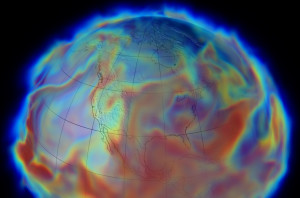A workshop on the application of the Agent-Based Models to climate policies will be held in Hamburg (Germany) March, 10/11th.
The workshop aims to bring together PhD students and researchers working on Agent Based Models of environmental challenges and climate policy. ISIGrowth researcher Andrea Roventini (Scuola Superiore Sant’Anna, Pisa, Italy) will be one of the keynote speakers of the workshop discussing recent results from an integrated-assessment agent-based model. Keynote speakers include also Kristian Lindgren (Chalmers University of Technology, Gothenburg, Sweden) who will provide insights on the complexity of energy systems by agent-based modeling and Klaus G. Troitzsch (Prof. Emeritus) who will present a model which tries to understand what happens when political leaders implement climate relevant strategies from different incomplete or counterfactual information.

